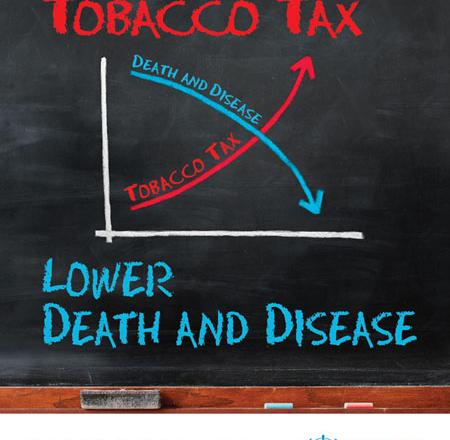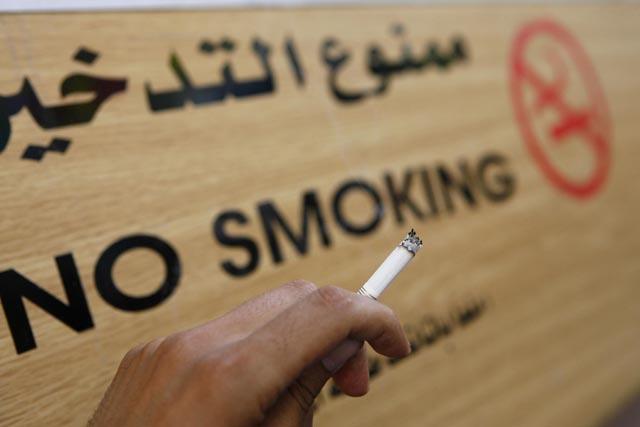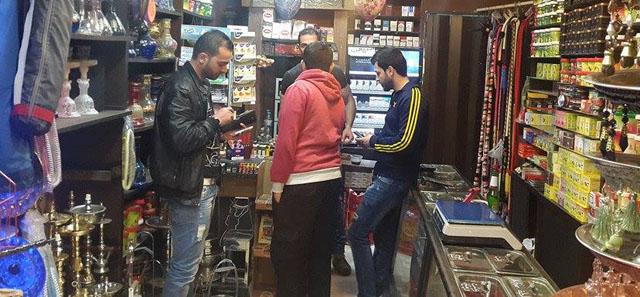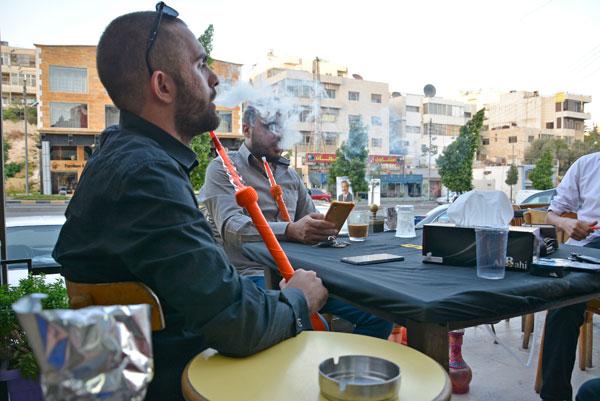You are here
Families still unaware of effect of passive smoking on children — health official
By Khetam Malkawi - May 29,2014 - Last updated at May 29,2014

AMMAN — Despite efforts to combat smoking in the country and prevent minors’ access to tobacco, families themselves are not even aware of the impact of passive smoking on the health of their children, a Health Ministry official said.
“Some families take their children with them to cafés that allow smoking,” said Mohammad Anees, from the ministry’s education department.
“Our role is to educate these families — especially mothers — about the risks of smoking on the health of their children,” Anees explained.
Although selling tobacco products to those under the age of 18 is prohibited by law, monitoring the implementation of the law is still problematic.
“We need more cooperation from other partners to enforce the law,” Anees told The Jordan Times over the phone on Thursday.
Since the beginning of 2014, the ministry has issued 70 tickets and 77 warnings to violators of the Public Health Law, which prohibits smoking in public places, according to figures cited by the official.
In addition, five restaurants and cafés were shut down for violating the same law.
The Public Heath Law was enforced in the Kingdom’s shopping malls and Queen Alia International Airport in March 2009, and in fast-food restaurants in June of the same year.
A Cabinet decision prohibiting smoking in ministries and public institutions went into force on May 25, 2010.
According to the law, smoking is prohibited in public places, which include hospitals, healthcare centres, schools, cinemas, theatres, libraries, museums, public and non-governmental buildings, public transport vehicles, airports, closed playgrounds, lecture halls and any other location to be determined by the health minister.
In previous remarks, Feras Hawari, director of the cancer control office at the King Hussein Cancer Centre, said 5,000 cancer cases are diagnosed in the Kingdom annually, with 40 per cent of them resulting from smoking.
These cases include lung, colon and blood cancers.
Cancer is responsible for 15 per cent of the deaths in the country, according to figures cited by Hawari, while cardiovascular diseases are responsible for 35 per cent.
He also noted that 60 per cent of Jordanian men are smokers, and 30 per cent of those aged between 13 and 15 smoke.
Hawari also cited a study conducted in four of the capital’s schools, which showed that 13 per cent of students in the sixth grade smoke argileh.
“Almost 9 per cent of the country’s gross domestic product is spent on healthcare,” he said, adding that this rate is one of the highest in the region.
Meanwhile the World Health Organisation (WHO) on Thursday issued a statement calling on countries to raise tobacco taxes.
“Higher taxes on tobacco raise more revenue for governments and health programmes; reduce tobacco use and lead to healthier communities and healthier economies,” the UN agency said in a statement issued to mark World No Tobacco Day, annually observed on May 31.
HRH Princess Muna attended an official ceremony held on Thursday to mark the international day.
The Health Ministry organised the ceremony in cooperation with WHO, the Jordan News Agency, Petra, reported.
Related Articles
The country’s healthcare system faces the risk of collapsing unless more measures are adopted to curb smoking, a health expert said on Wednesday.
Newly endorsed Health Ministry regulations place restrictions on consumers’ access to tobacco and cigarettes at retail shops, especially children.
AMMAN — Only 28 per cent of argileh (water pipe) smokers in Jordan want to quit, compared to over 70 per cent of cigarette smokers, a health



















